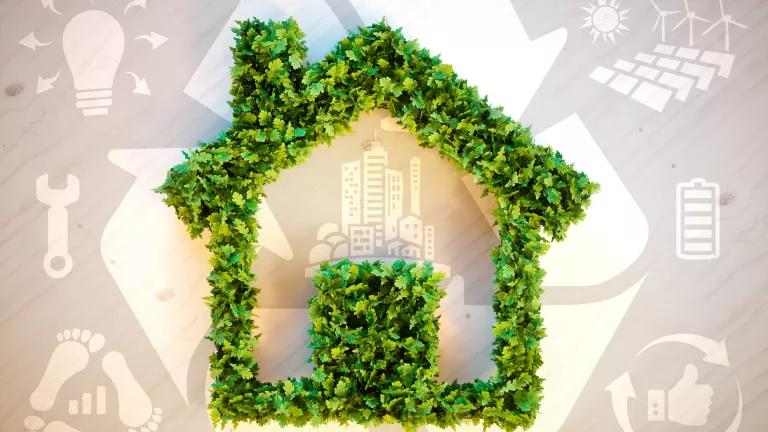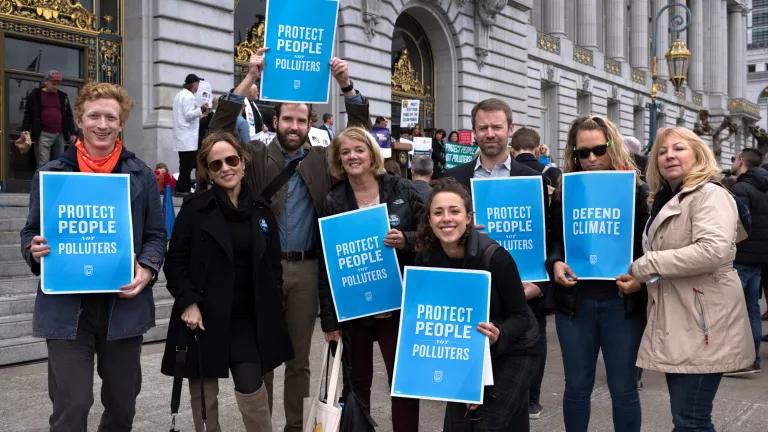The ongoing debate about the “fiscal cliff” can sound abstract. But if the GOP leadership gets its way, spending cuts will have concrete impacts on our daily lives.
More cuts could mean a shortage of meat inspectors—even though Salmonella and other bacterial outbreaks sickened tens of thousands of Americans every year. They could mean millions of dollars taken away from efforts to keep drinking water clean and raw sewage out of our beaches. And they could mean the next time you travel to a national park for a low-cost family vacation, you may find visitor centers or the park itself closed and roads impassable.
These are some of the real consequences that are at stake in the current round of budget negotiations.
If Congress refuses to act, automatic, across-the-board spending cuts will hit every environmental and energy program. Meanwhile, top Republicans are pushing further deep cuts in programs as the price for action. This is simply the wrong approach to cutting the deficit. Environment and energy programs have already been cut, and they account for only a small fraction of federal spending—not enough to make much of a dent in the deficit even if they disappeared entirely. But there are ways to reduce the deficit without slashing programs Americans have rightly come to expect.
Instead of cutting efforts to protect our air and water and subverting our energy future, Congress should be closing tax loopholes that waste money and damage our planet. For example, the government squanders at least $8 billion a year on subsidies for Big Oil—an industry that hardly needs taxpayer assistance.
As President Obama has repeatedly pointed out, we should be addressing the deficit in a way that leaves our economy and our nation stronger and healthier. The New Year’s Eve budget deal was a step in that direction by bringing in needed revenues from those who could most afford it. Now Congress needs to build on that foundation. That means Republican leaders should stop all the talk about shutting down government and should ensure that the government does not default on its existing debts.
This is no time for ideological point scoring. It’s time to come up with a practical, balanced solution that strengthens our economy, paves the way for a clean energy future and leaves intact programs that protect health and the environment.
The clock is ticking. Automatic cuts are due to take effect March 1, and current federal spending runs out March 27. The debt limit will be reached even before that. There’s no reason to wait yet again until the last minute—or beyond—to do the right thing. Click here to tell Congress to reduce the deficit by ending wasteful tax loopholes—not by allowing cuts that could risk public health, limit clean energy, and imperil our public lands, air, and water.



